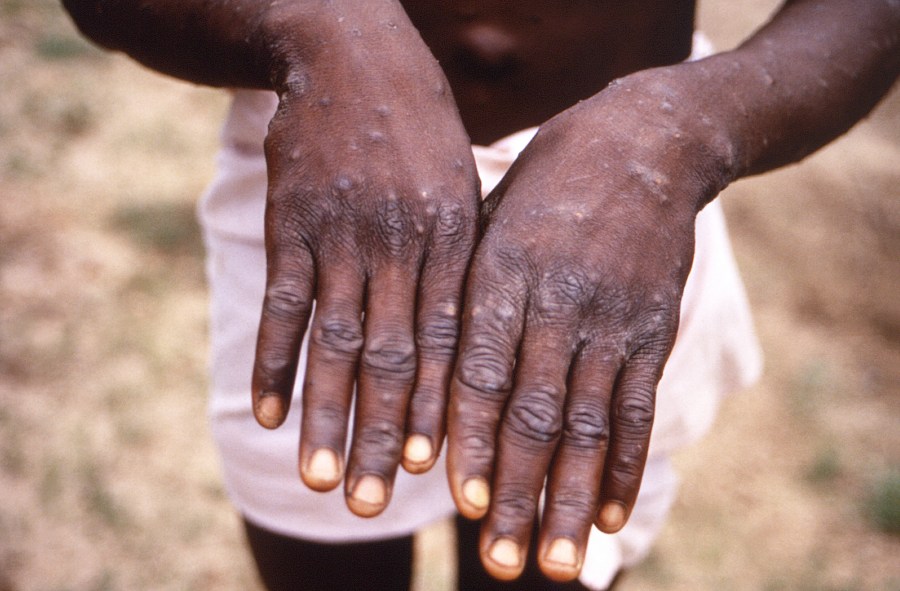While the risk of contracting mpox in California remains low, health data shows that infection rates have been higher in some cities compared to others after the World Health Organization declared a global health emergency on Aug. 14.
According to the U.S. Centers for Disease Control and Prevention, Mpox, formerly known as monkeypox, is caused by infection with the monkeypox virus. The virus is similar to smallpox but unrelated to chickenpox.
Mpox is mainly spread through close contact with bodily fluids, shared bedding, towels and clothing, or through kissing, coughing and hugging.
The virus can also be spread during intimate contact with people or close contact with infected animals.
Symptoms of the virus can include a rash that looks like a pimple or blister but may be painful or itchy, fevers, chills, swollen lymph nodes, exhaustion, muscle aches and backache, and headaches, according to the CDC.
Despite the large number of travelers leaving and returning to California, officials have not seen an increase in mpox cases, according to the most recent data from the California Department of Public Health. The rate was most recently measured in early August at 1.29 new daily infections.
During the peak of the virus in late summer 2002, over 100 new daily infections were recorded daily.
Still, some cities, mainly those with high populations, have seen higher infection rates.
These are the California cities that have reported 10 or more cumulative infections per 100,000 residents:
- San Francisco
- Long Beach
- Los Angeles
- Pasadena
- Berkeley
- Alameda
- San Diego
- San Mateo
- Riverside
- Santa Clara
- San Benito
- Solano
- Contra Costa
- Sacramento
- Sonoma
- Orange
- Marin
- Napa
- Fresno
- Monterey
- San Bernardino
To avoid catching the virus, local health officials recommend the following:
- Getting vaccinated, especially those in at-risk groups
- Taking prevention measures during sexual activity
- Testing for symptoms
Healthcare providers should report any suspected cases to Public Health.
